For the record, I’m well aware that it might come off a bit nitpicky for a grown stoner to complain — after all these years of prohibition! — about the approach his state is taking to legalizing pot.
“What an ass,” you may say. “Don’t [I] know how stoners in other states live?”
“Don’t [I] understand that this is a ‘very bad look’?”
“Does [my] blazed sense of entitlement know no bounds?”
Yes, yes, and no — but folks, I’m doing it anyway. And the reason is simple: it’s time for us Massachusenites to come clean about our Puritan state’s bumbling experiment with recreational marijuana.
It’s a cautionary tale for any other legislators, business owners, or even just people out there who may try to do something cool -- while failing to consider all the extremely uncool things that can happen along the way.
Don’t get me wrong — it’d be crazy to deny there are tons of benefits to legalization: the euphoric rush of hitting a vape pen in front of a cop downtown, for example. But here are at least five reasons why being a stoner in Massachusetts is otherwise a bit of a letdown:
1. An absolutely shameful lack of dispensaries
Massachusetts voters legalized recreational marijuana by a margin of nearly 54 percent in 2016 — but you wouldn’t know it by looking at a map of dispensaries near Boston today.
According to Boston.com, only two recreational marijuana dispensaries operate in the Greater Boston area. If you’re willing to drive 30-60+ minutes to the outer suburbs, that number jumps slightly to a grand total of...five.
As of late 2019, not a single recreational dispensary operates in Boston itself. Meanwhile, there are over 1,100 active liquor licenses in the city.
Now, are two dispensaries better than none? Sure — but not by much. And as the state’s experiment with legalized weed enters its fourth year, it’s not exactly a ringing endorsement of the region’s pot-friendliness.
2. The few that do exist, frankly, kinda suck
Whether charging massive markups ($70+ for an eighth??), requiring customers to make appointments beforehand, or even straight up running out of product, the limited dispensaries that do operate around Boston often leave area potheads with much to be desired.
Customers have complained about a lack of variety in offered products, long waits in line, insufficient access via public transit, and much more — an abrupt contrast to their friendly neighborhood weed dealer, offering the same product at lower cost and with less logistical headaches. It’s no wonder that an estimated 75% of all marijuana sales in Massachusetts will still take place on the black market this year.
To be fair, the dispensaries themselves aren’t entirely to blame for this mess: the state’s stringent regulations (including rigorous “seed-to-sale” tracking) force retailers to grapple with enormous overhead costs in order to operate in compliance with state regulations — and on top of a 10.75% sales tax, competing with black market prices will always be a challenge for dispensaries in Massachusetts.
3. Our edibles are pretty much useless
If you’re anything like me (i.e. an extremely cool and large man), you go hard when enjoying edibles. I usually take at least 200-300 mg of THC at a time, if not much more.
Obviously, that dosage is definitely not for everyone (please don’t end up like Maureen Dowd), but other Bay Staters who enjoy a good psychonautic smack in the face will need to continue baking their own concoctions — or at least pick them up on the black market.
While dispensaries in other states offer edibles containing up to 1,000mg (or more!) of THC, these treats are forbidden for recreational sale in Massachusetts. Individually-sold edibles are capped at a max of 100mg, with all products offering clearly marked doses at 5mgs each. . (The law does make an exception to this rule for those with state-issued medical marijuana cards).
Granted, the regulation isn’t completely bonkers: many first-timers can quickly get in over their heads when experimenting with edibles, and lowering the risk of overdoing it makes sense from a public policy perspective. But for all the stoners out there who know their limits, eating ten 100mg candy bars to get the effect of a single 1,000mg candy bar just isn’t worth the stomachache.
4. No THC vaporizer cartridges (at least for now)
Following startling reports that over 1,000 people across the country had fallen ill to a mysterious (and potentially fatal) lung condition linked to vaping, a number states quickly took emergency steps to protect consumers.
No state’s response, however, was as wide-reaching and potentially damaging as Massachusetts, with Gov. Charlie Baker declaring a “public health emergency” in September. Baker’s measures included a four-month ban on all vaping products, even including those used for nicotine delivery.
But federal health officials now strongly suspect that this outbreak was likely caused by THC cartridges cut with vitamin E acetate, a cheap colorless, odorless additive with a similar consistency to traditional THC oil — a cost-cutting measure typically found in the production of black market cartridges, not the white market dispensaries or vape shops forced to comply with the moratorium.
“The latest national and state findings suggest products containing THC, particularly those obtained off the street or from other informal sources (e.g. friends, family members, illicit dealers), are linked to most of the cases and play a major role in the outbreak,” a recent CDC statement notes.
That was an irony not lost on a member of the state’s cannabis commission, Shaleen Title: [https://twitter.com/shaleentitle/status/1176558974667239427]
Other states, such as Ohio, quickly enacted regulations around testing and banning vitamin E acetate in vaping cartridges — even as lawmakers there acknowledged none of the state’s approved cannabis manufacturers use the compound in their products.
Massachusetts stoners, on the other hand, now need to drive a few hours north to Maine to get their hands on safe THC cartridges — and there’s no telling when they’ll be back on the shelves here.
5. All the hand-wringing about how bad it smells
Whether you’re pro or con, everyone seems to have an opinion on how the city smells these days.
"I can tell you, everywhere I go: all I smell is pot now, I hate to say it," Boston Police Commissioner William Evans said during an interview on WGBH's Boston Public Radio. “I’m serious...everywhere you go, you sort of smell it.”
“I’ve had seniors come by and say they smell pot outside, in parks and on the streets, and I smell it, too,” Rep. Russell E. Holmes, a Democrat who opposed marijuana legalization, told The Boston Globe. “I’ve had people in rental properties who are very upset because strong pot smells are coming through the vents and the heaters.”
“Not used to the smell of pot,” one tourist wrote in her TripAdvisor review of Boston Common. “Although the park is clean and has some beautiful colors, quite a few people laying around smoking pot. Not what I would want my kids to see or smell.”
Personally — and barring any hard statistics that would suggest Boston has become, er, “skunkier” since legalization — I haven’t noticed much, if any, difference in the cocktail of smells that waft throughout our fair city. As long as we keep avoiding that “wet trash in the sun” smell that plagues New Yorkers every summer, I feel like Bostonians can keep our heads high (yes, extremely high) on this one.
Now, I’m not an idiot: obviously legalization is great for all kinds of reasons, not the least of which is making sure people’s lives aren’t utterly ruined over enjoying something as harmless as pot. But there’s a cool way, and a deeply uncool way to go about bringing pot into the mainstream.
Boston, I beg of you: Try doing it the cool way for once.
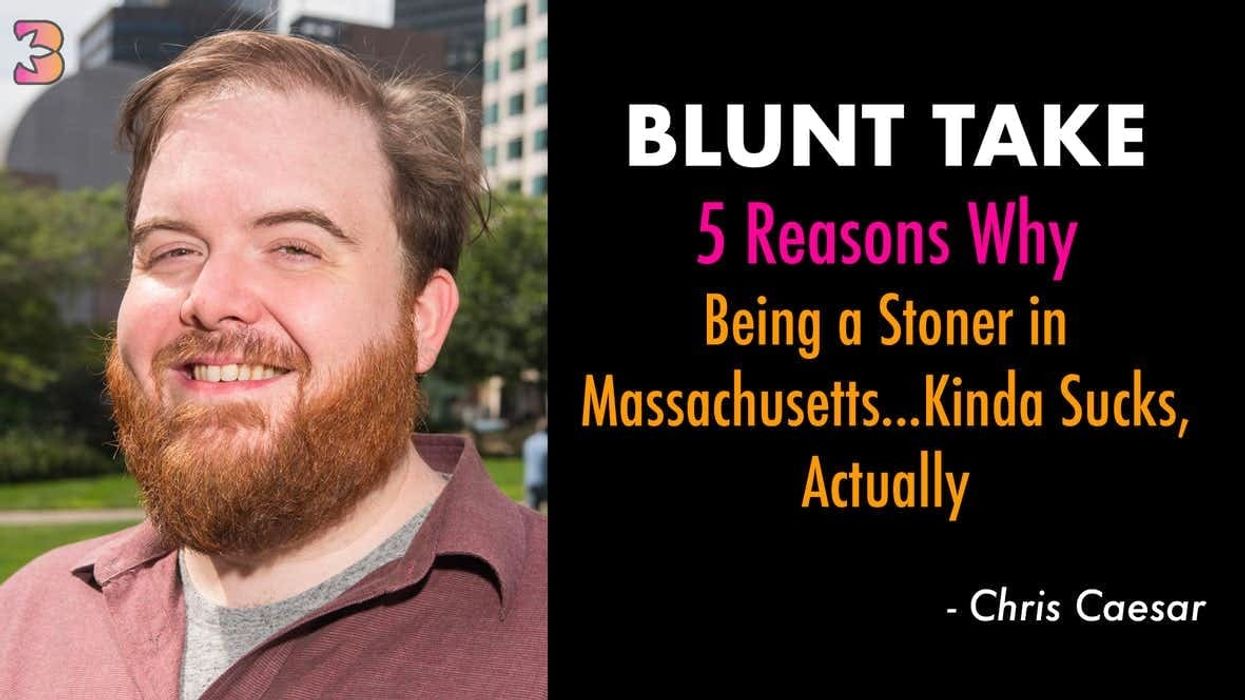

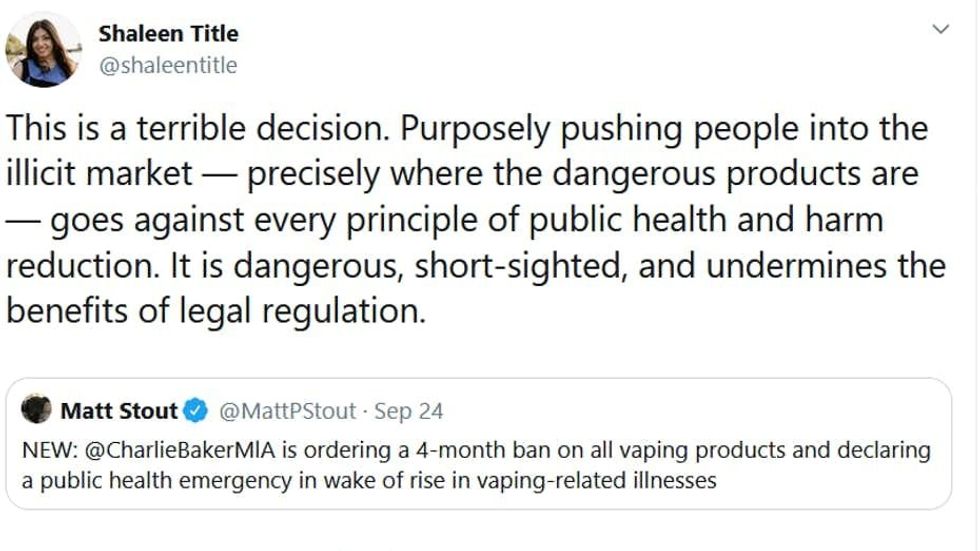





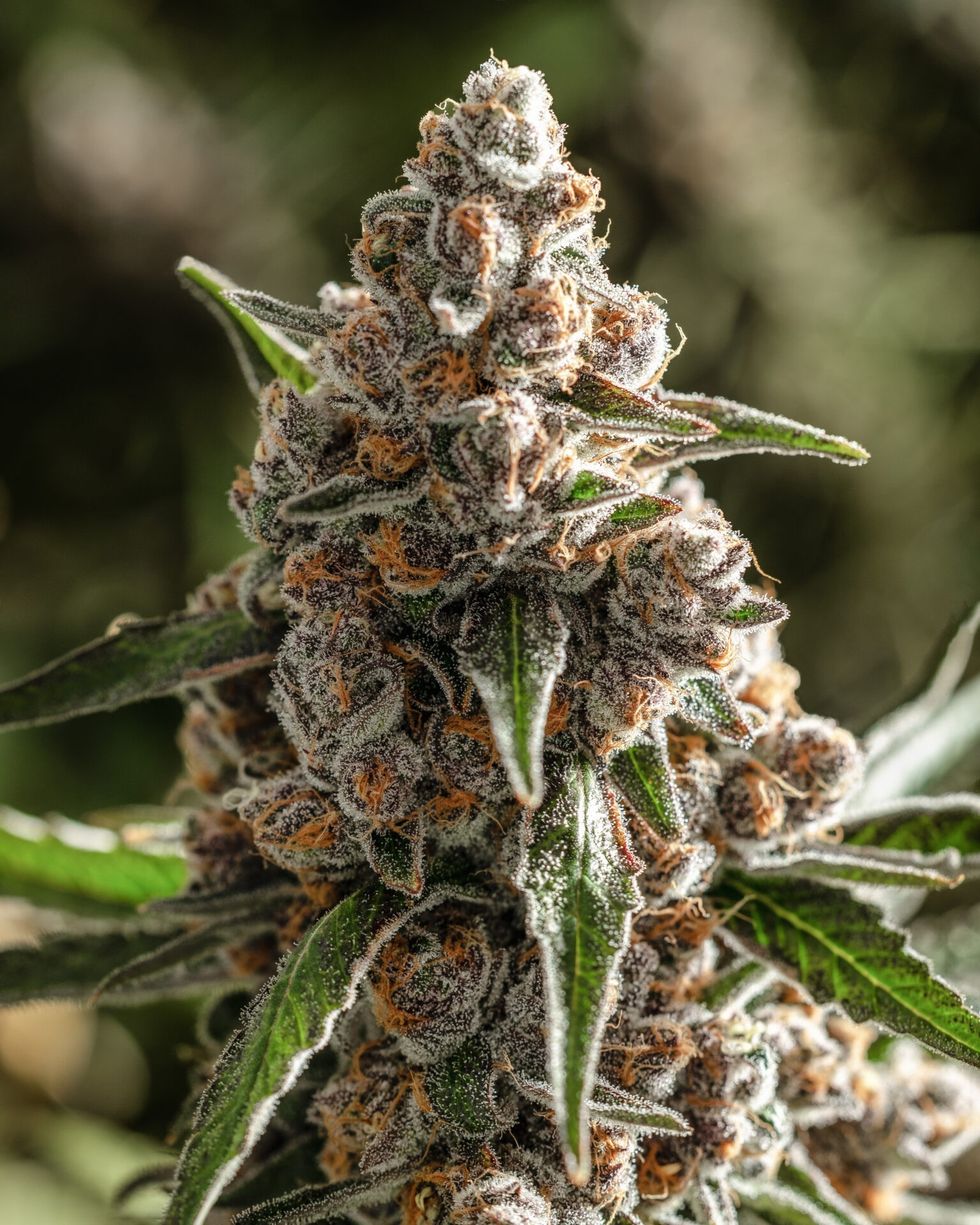 Super Boof Strain: 2024 Strain of the Year - The Bluntness
Super Boof Strain: 2024 Strain of the Year - The Bluntness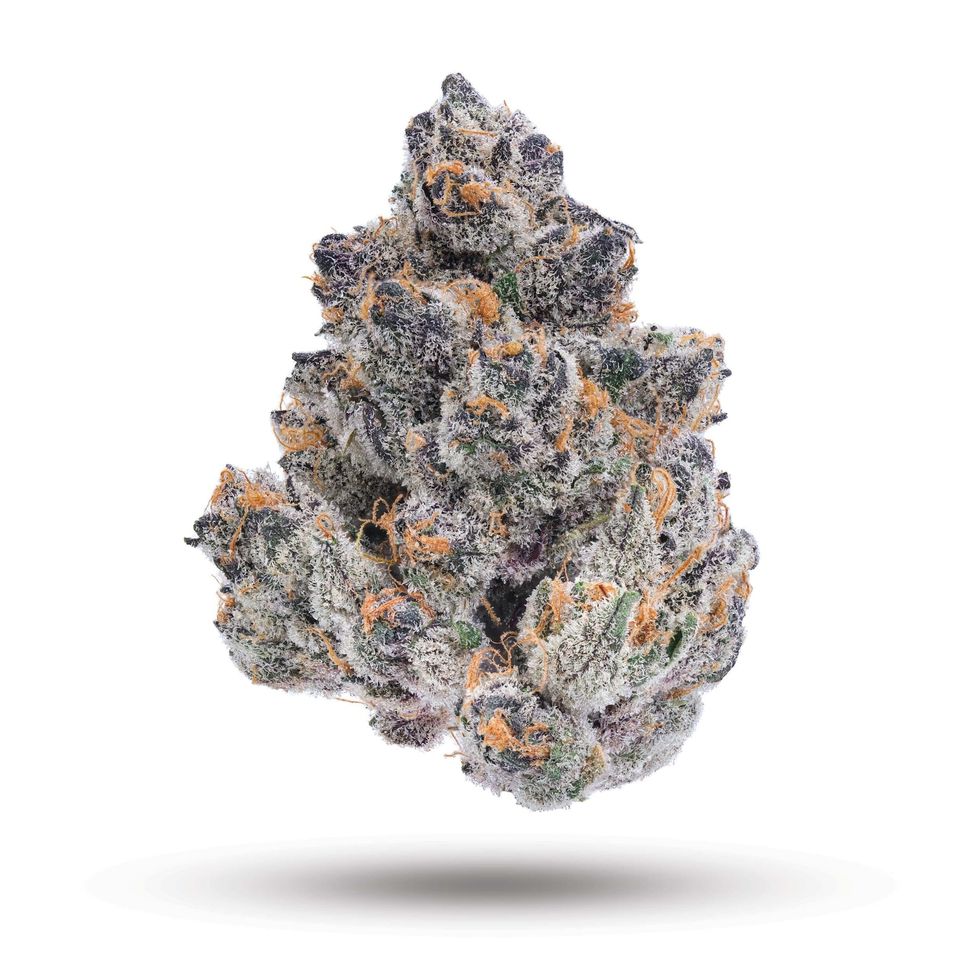 Super Boof Strain: 2024 Strain of the Year - The Bluntness
Super Boof Strain: 2024 Strain of the Year - The Bluntness






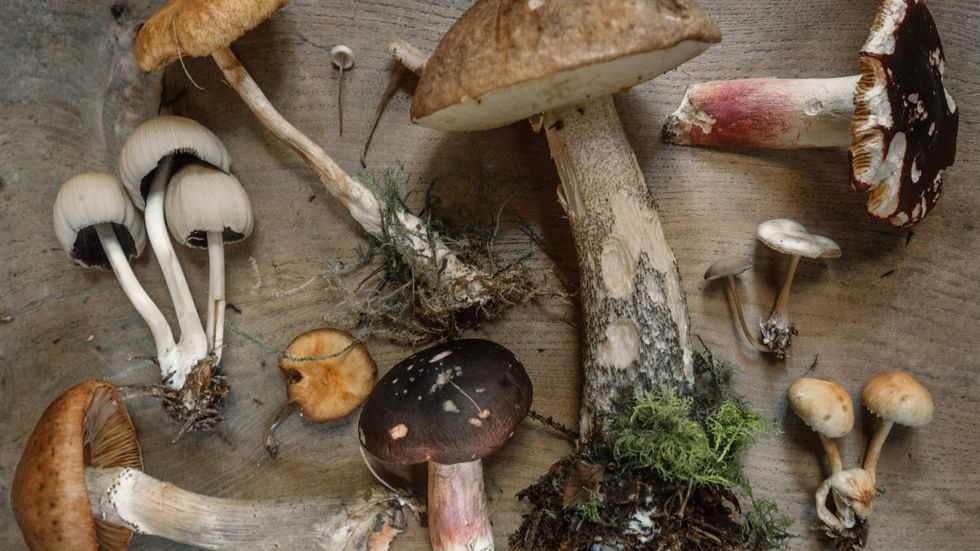 How Long Do Shrooms Last? Magic Mushroom Guide for Beginners - The Bluntness
How Long Do Shrooms Last? Magic Mushroom Guide for Beginners - The Bluntness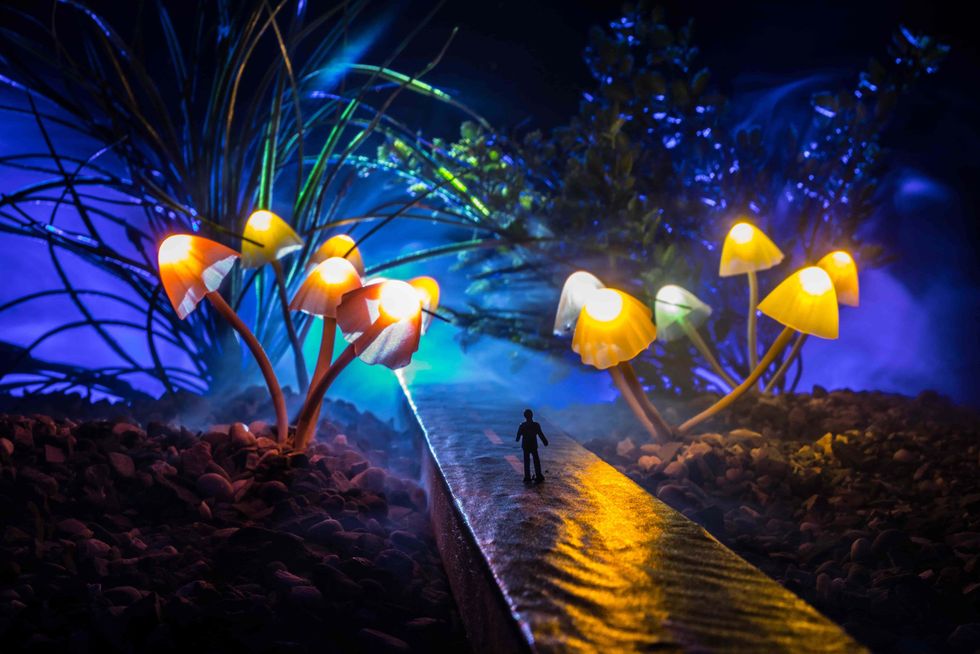 Psilocybin can provide a life-altering experience. -The Bluntness
null
Psilocybin can provide a life-altering experience. -The Bluntness
null
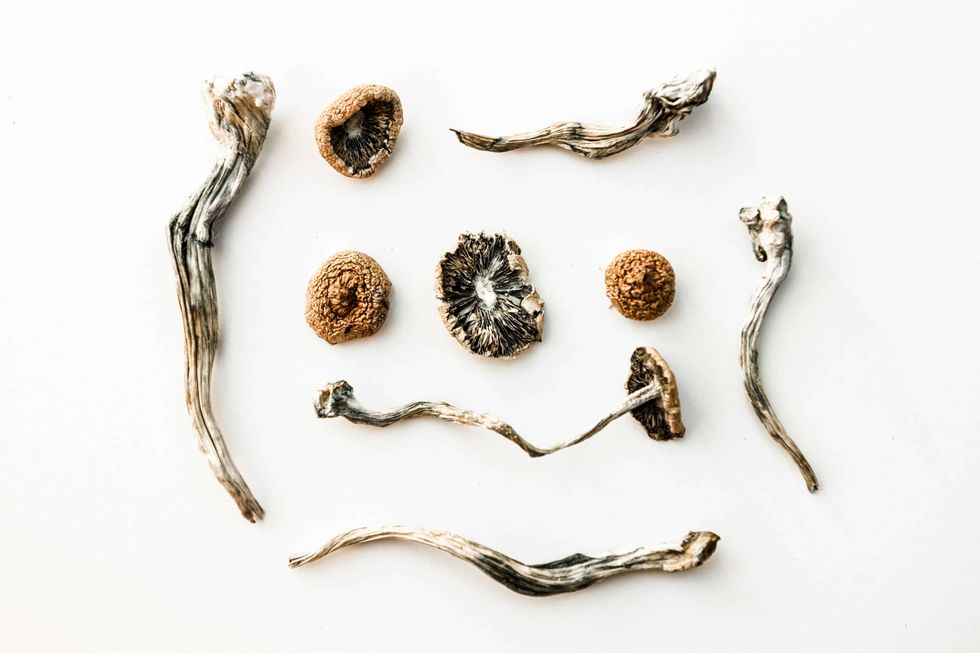 “Don’t diddle the dose. Once you have done your homework, go for it.” -- Terence McKenna
The Bluntness
“Don’t diddle the dose. Once you have done your homework, go for it.” -- Terence McKenna
The Bluntness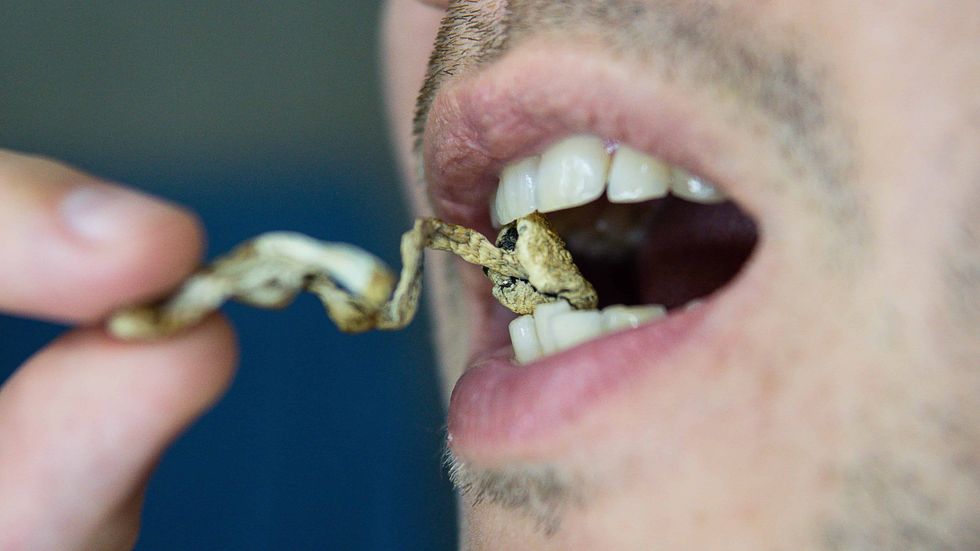 These mushrooms taste gross, but there are ways around that.The Bluntness
These mushrooms taste gross, but there are ways around that.The Bluntness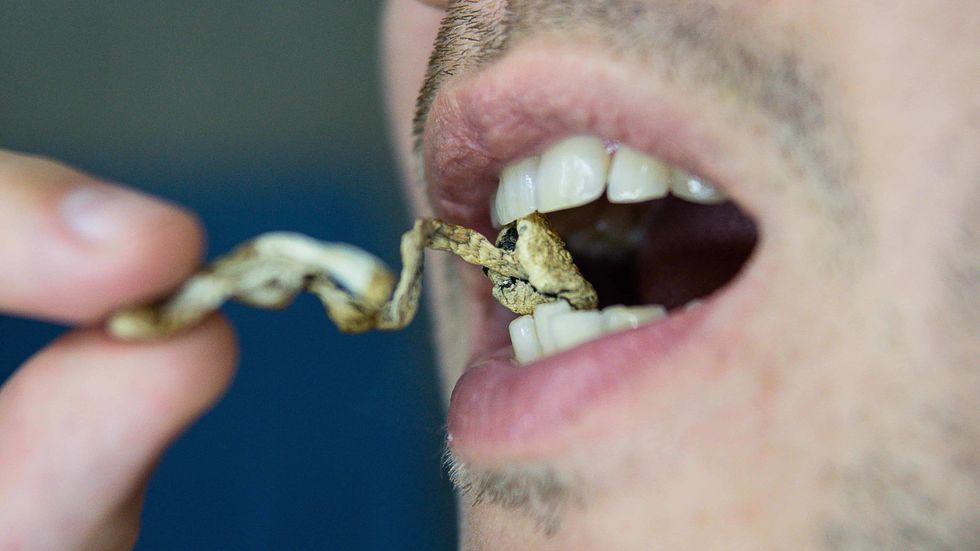 These mushrooms taste gross, but there are ways around that.
These mushrooms taste gross, but there are ways around that.
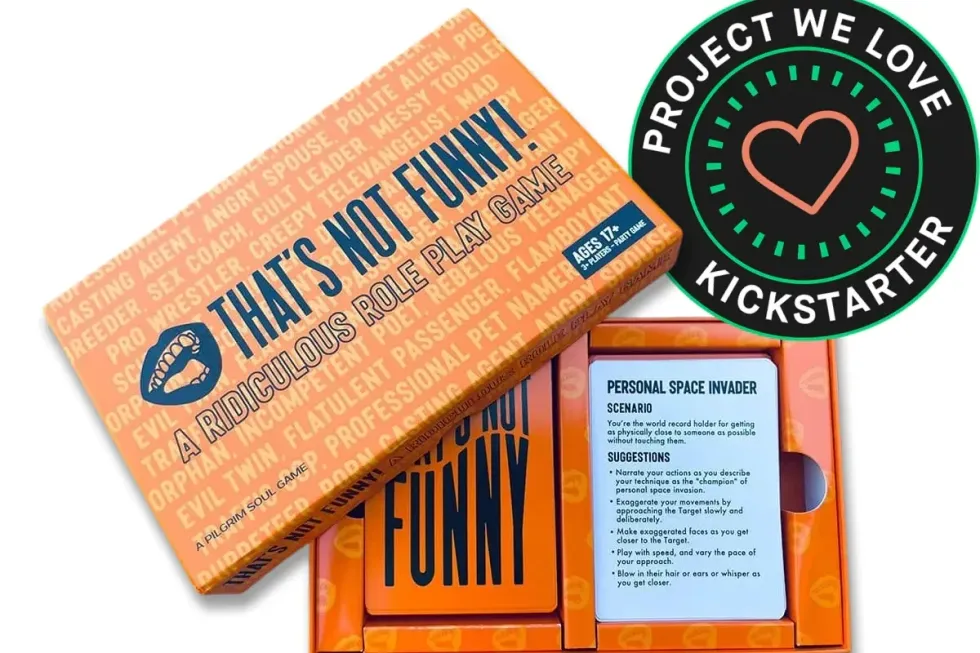
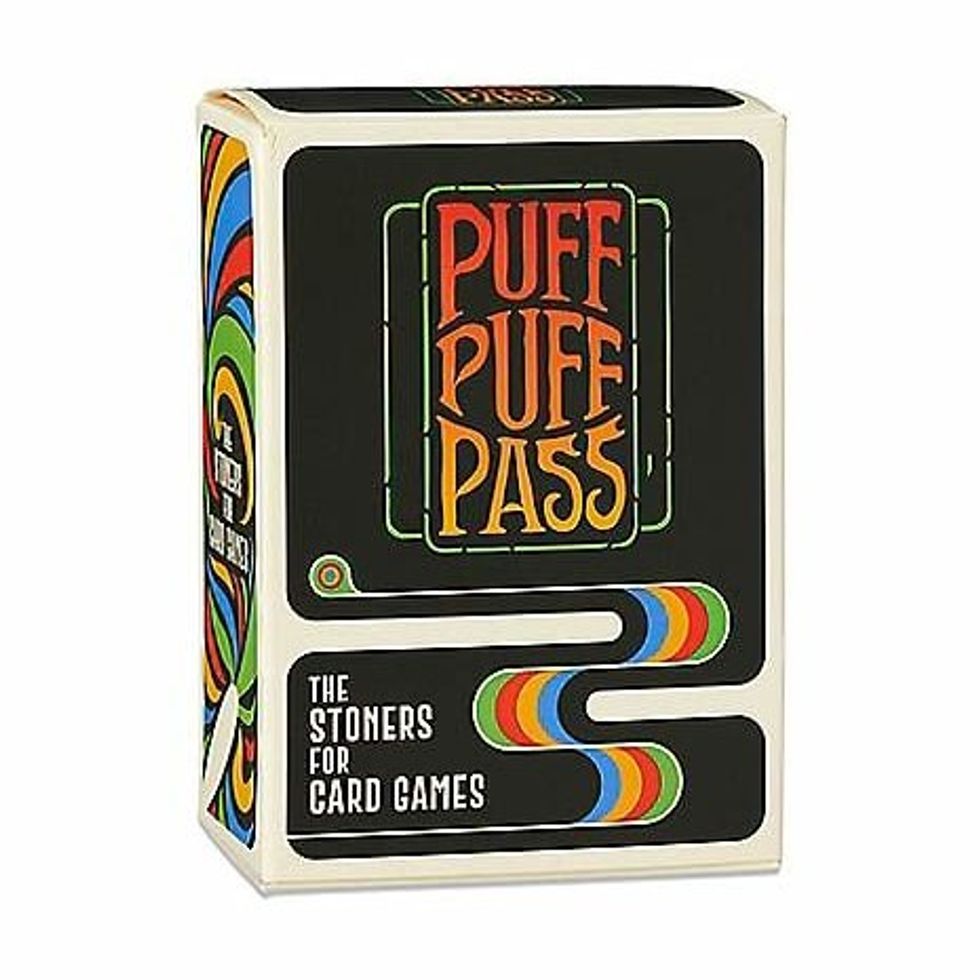
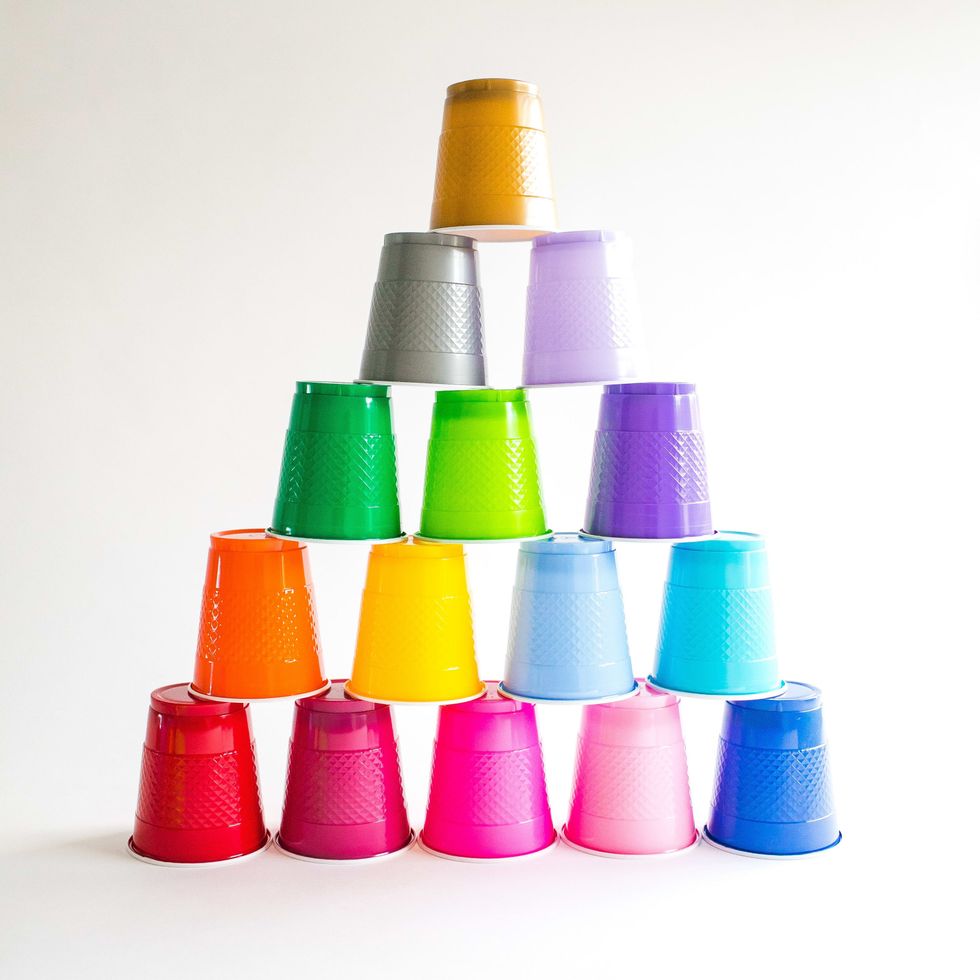
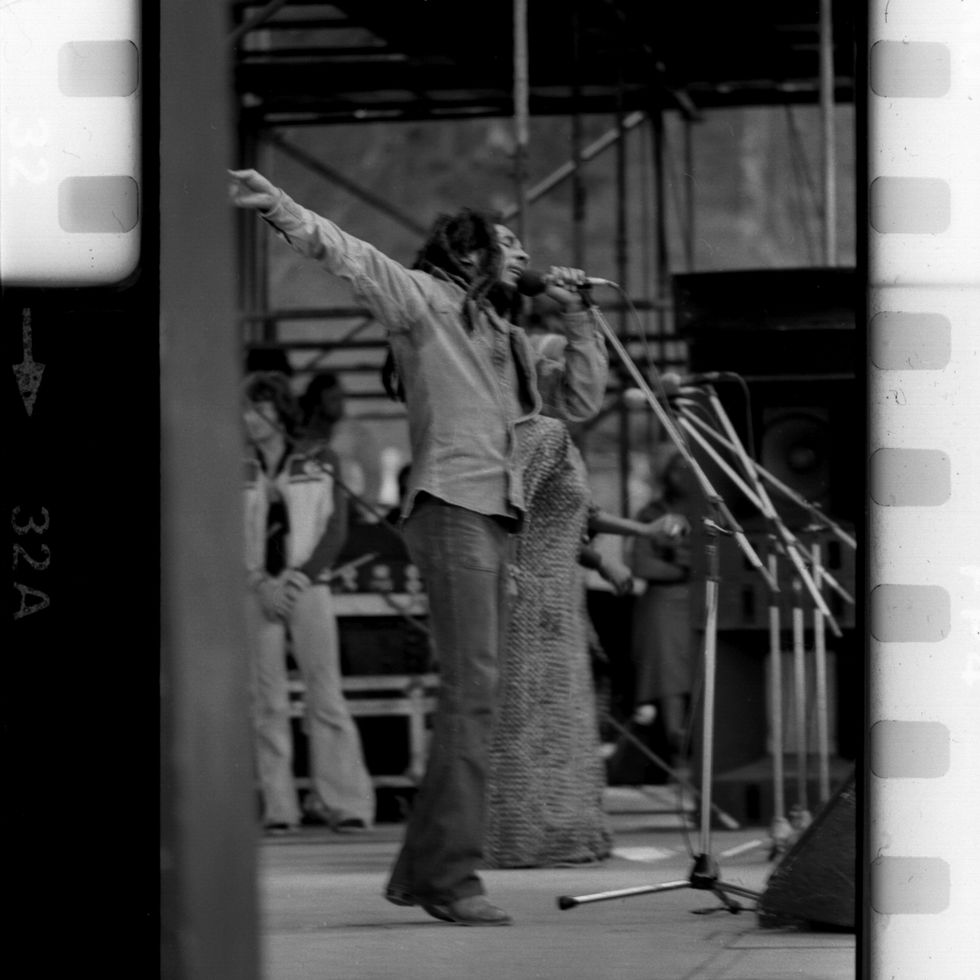 Best Weed Smoking Games to Try - Jammin'
Best Weed Smoking Games to Try - Jammin'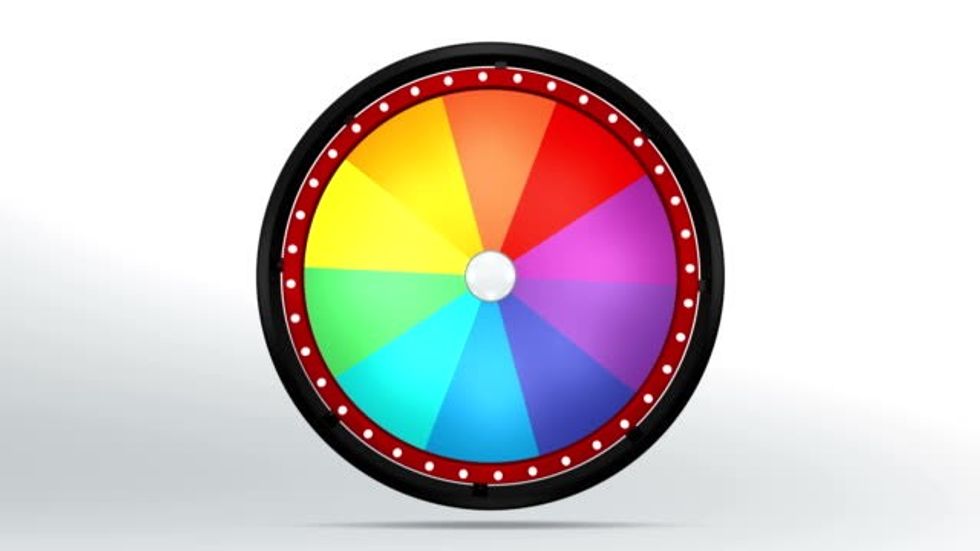 The 31 Best Weed Smoking Games To Try
The 31 Best Weed Smoking Games To Try The Best Weed Smoking Games
The Best Weed Smoking Games The Best Weed Smoking Games to Try
The Best Weed Smoking Games to Try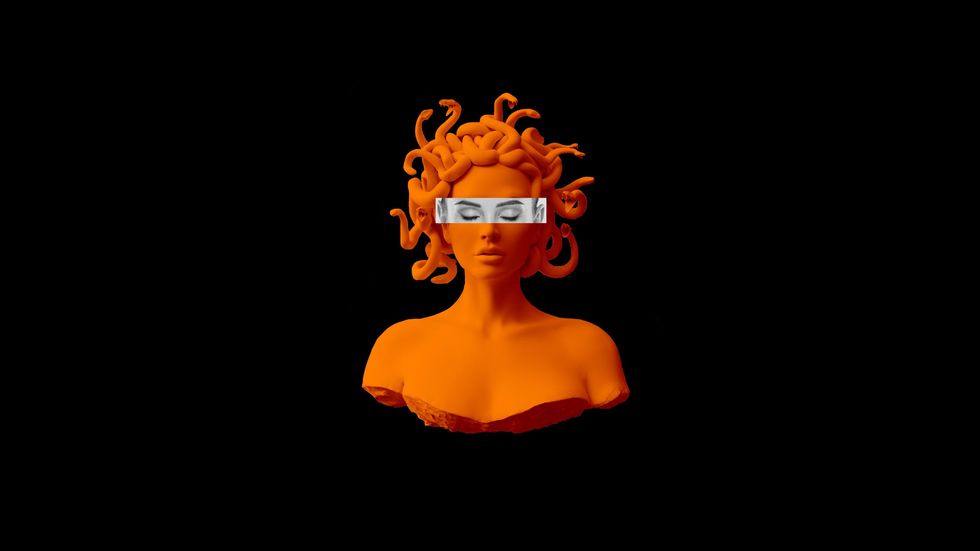
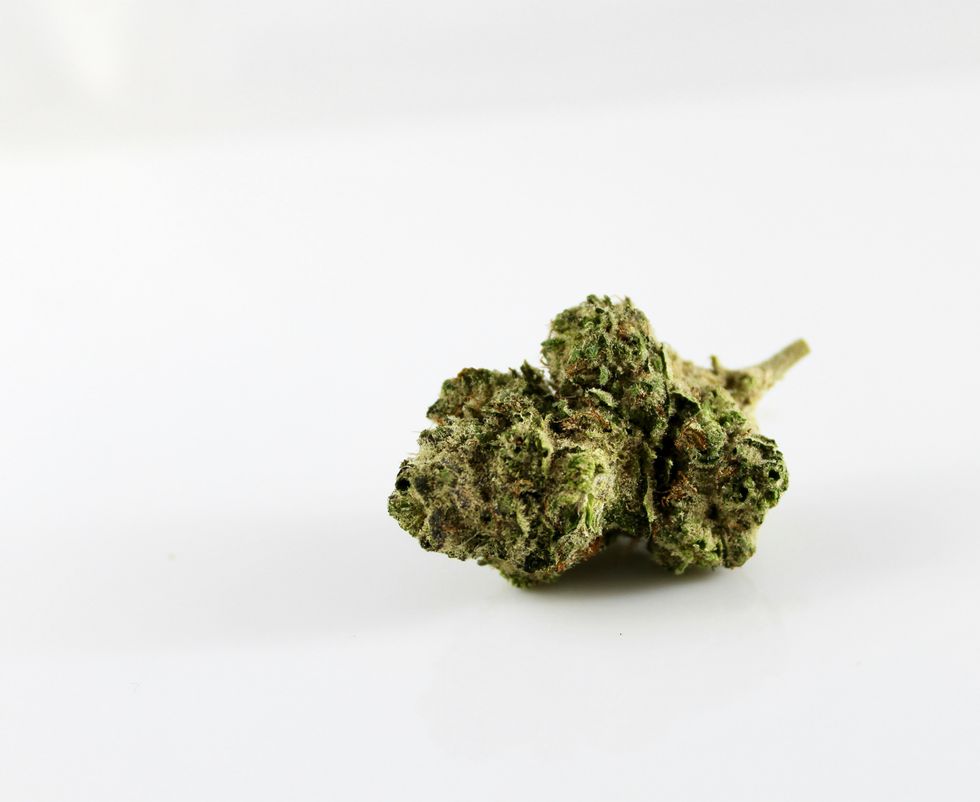
 Stoner Games - Games to Play While High
Stoner Games - Games to Play While High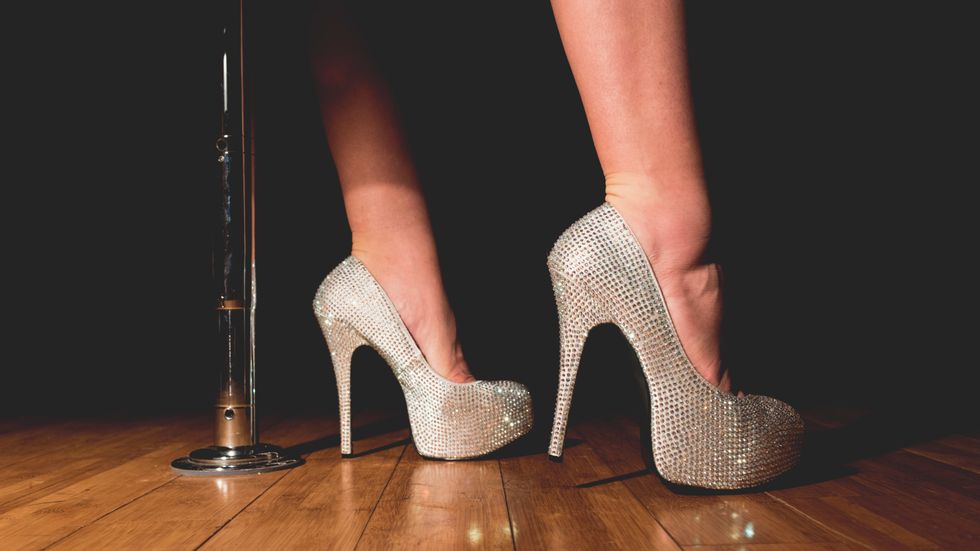 The Best Weed Smoking Games to Play
The Best Weed Smoking Games to Play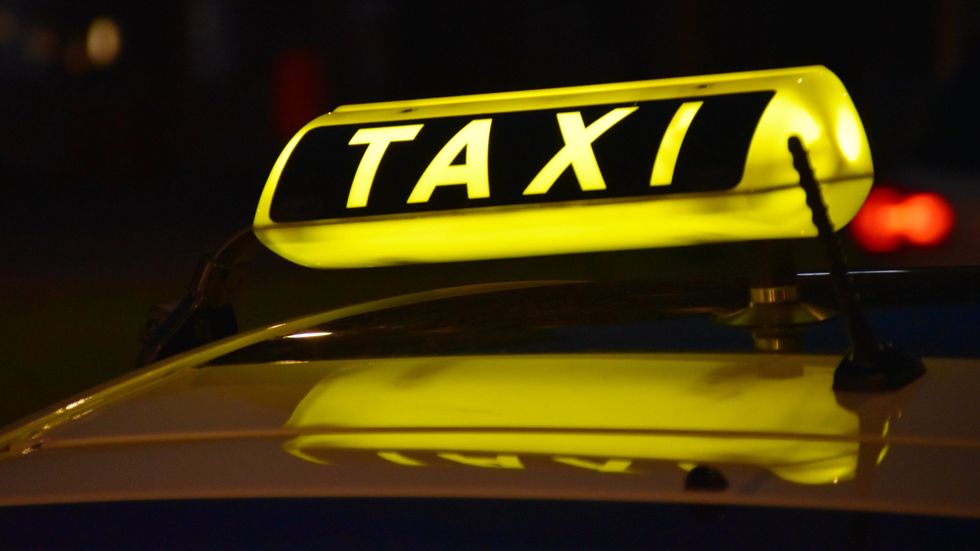 The Best Weed Smoking Games to Try
The Best Weed Smoking Games to Try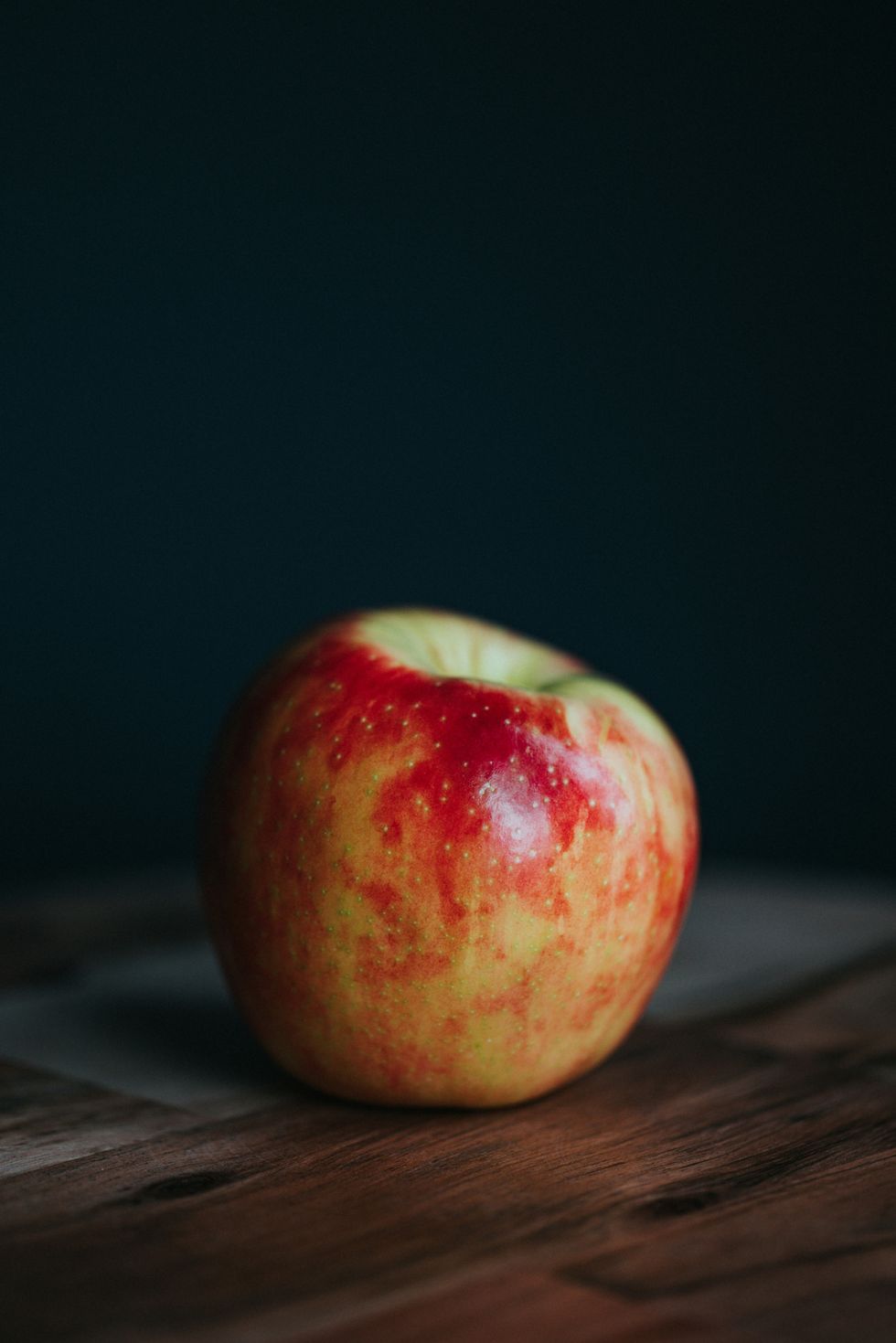
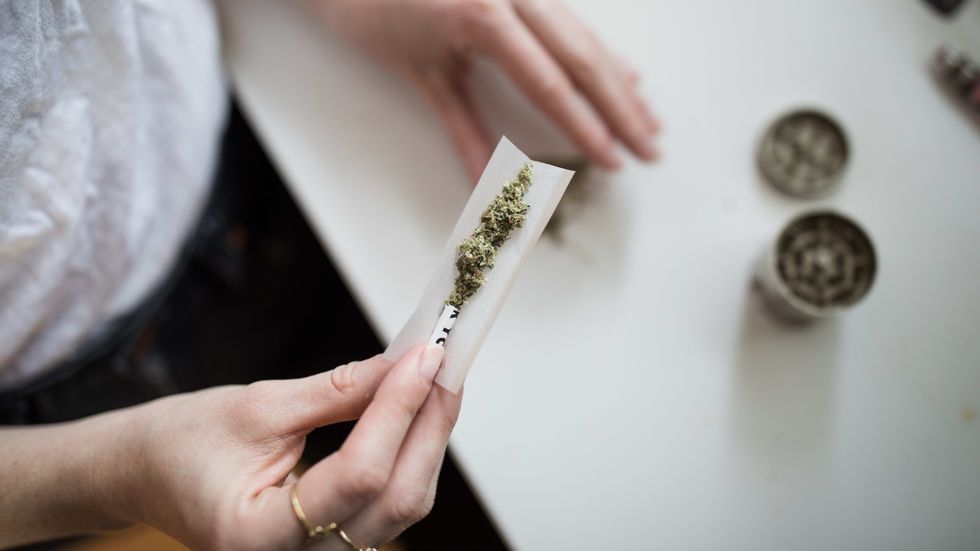 The Best Weed Smoking Games to Try
The Best Weed Smoking Games to Try
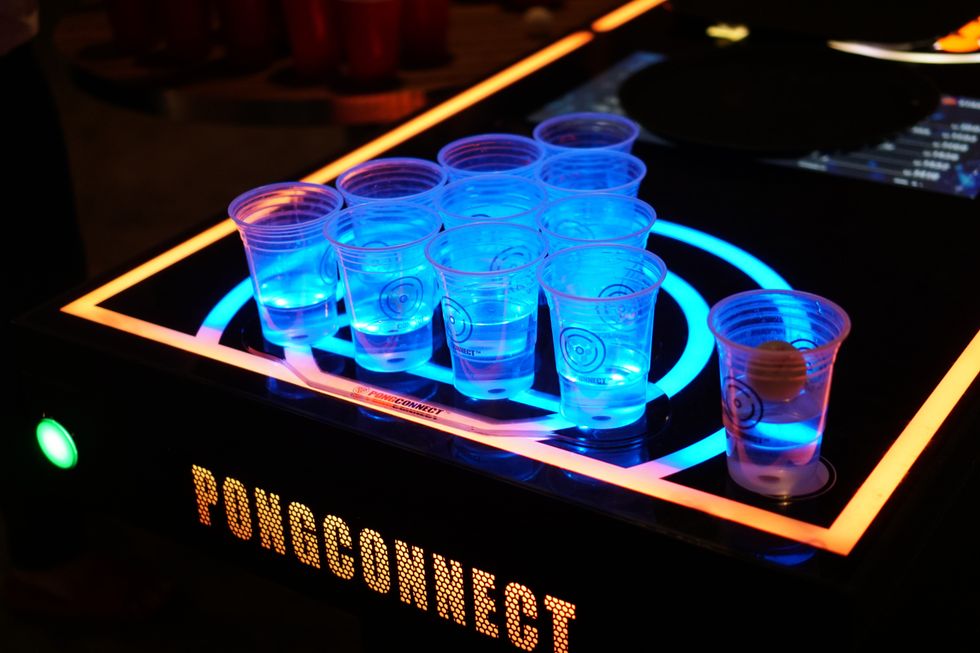 The Best Weed Smoking Games to Play
The Best Weed Smoking Games to Play The Best Weed Games to Play
The Best Weed Games to Play The Best Weed Smoking Games to Try
The Best Weed Smoking Games to Try The Best Weed Smoking Games to Play
The Best Weed Smoking Games to Play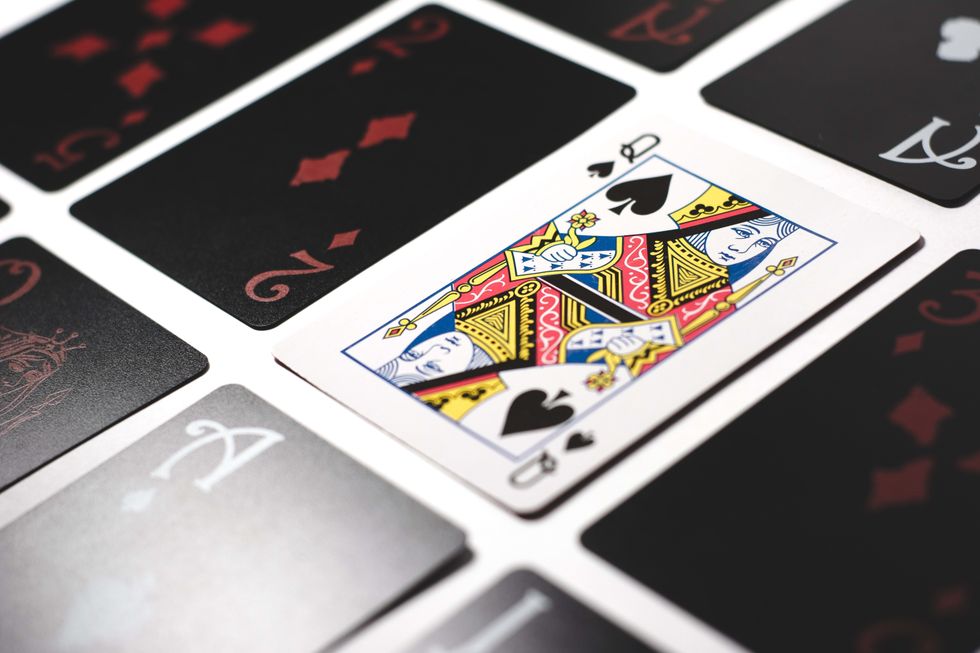 The Best Weed Smoking Games to Try
The Best Weed Smoking Games to Try Games for Stoners
Games for Stoners 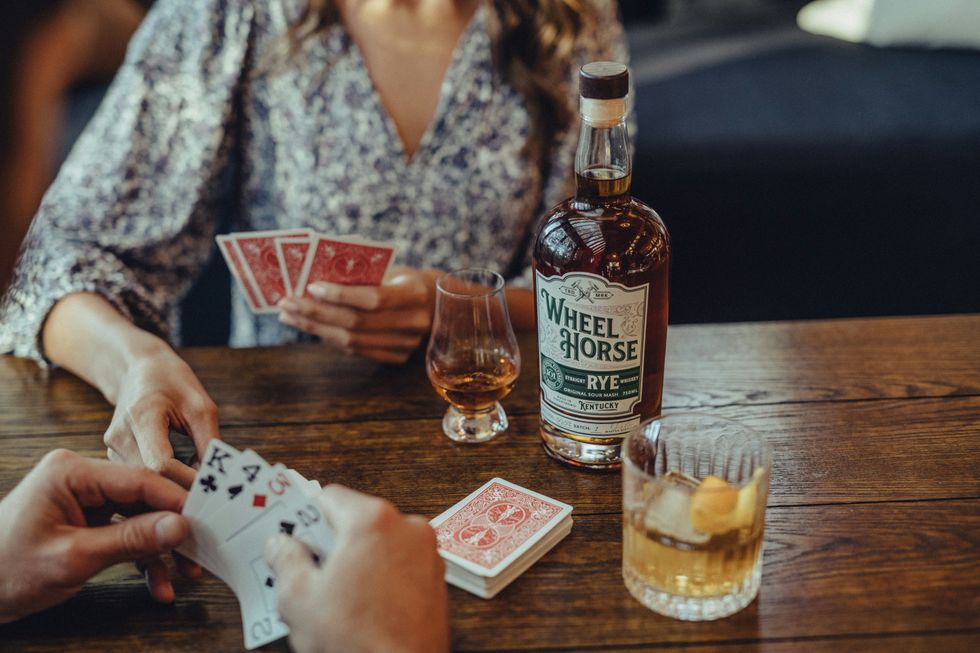 woman in white and blue floral shirt sitting beside woman in white and black floral shirtPhoto by
woman in white and blue floral shirt sitting beside woman in white and black floral shirtPhoto by 
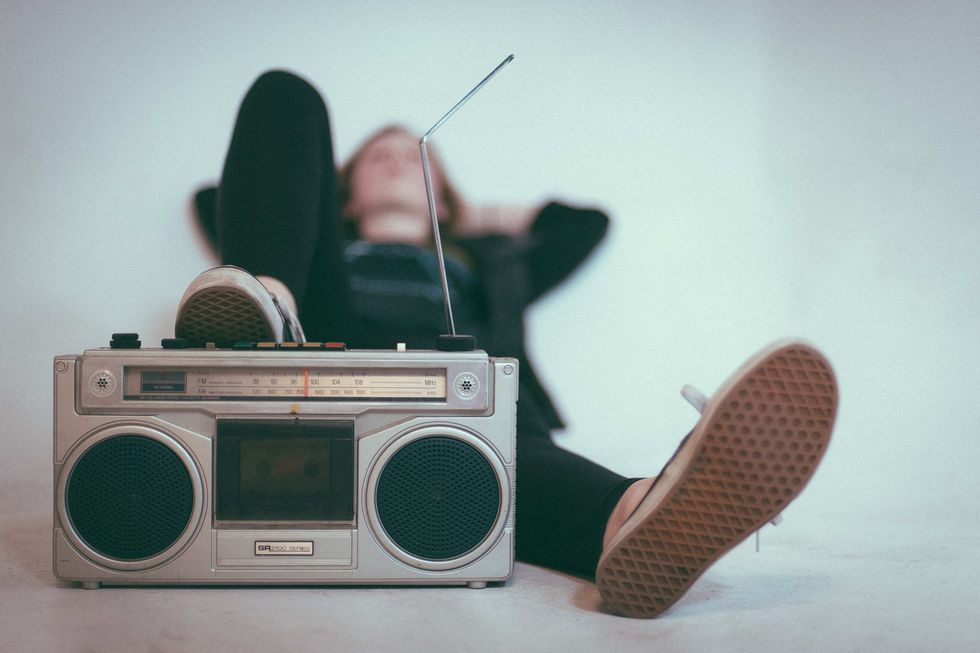 The Best Weed Smoking Games to Play
The Best Weed Smoking Games to Play
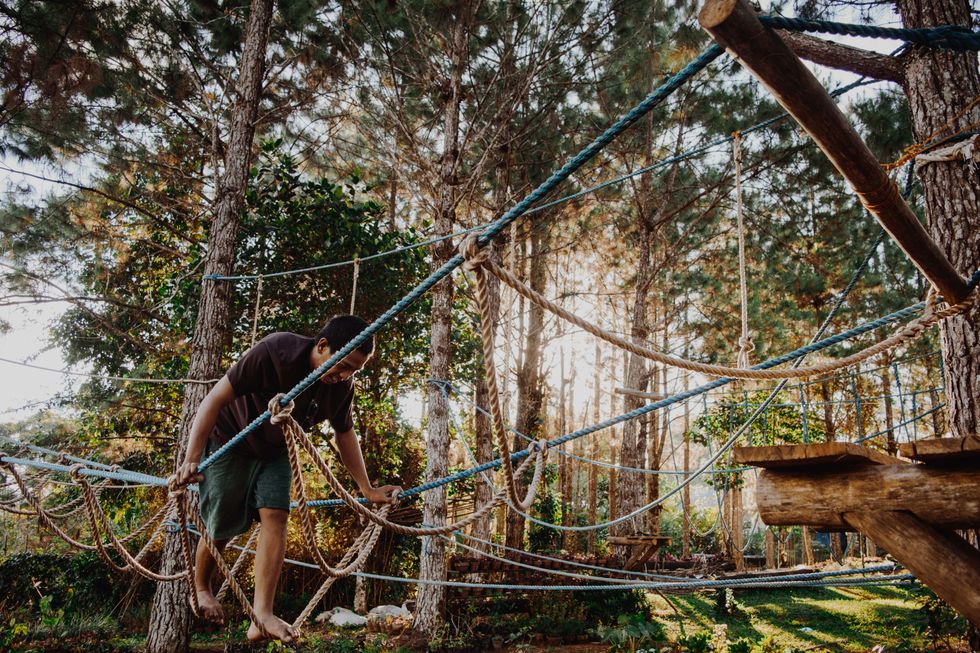 The Best Weed Smoking Games to Try
The Best Weed Smoking Games to Try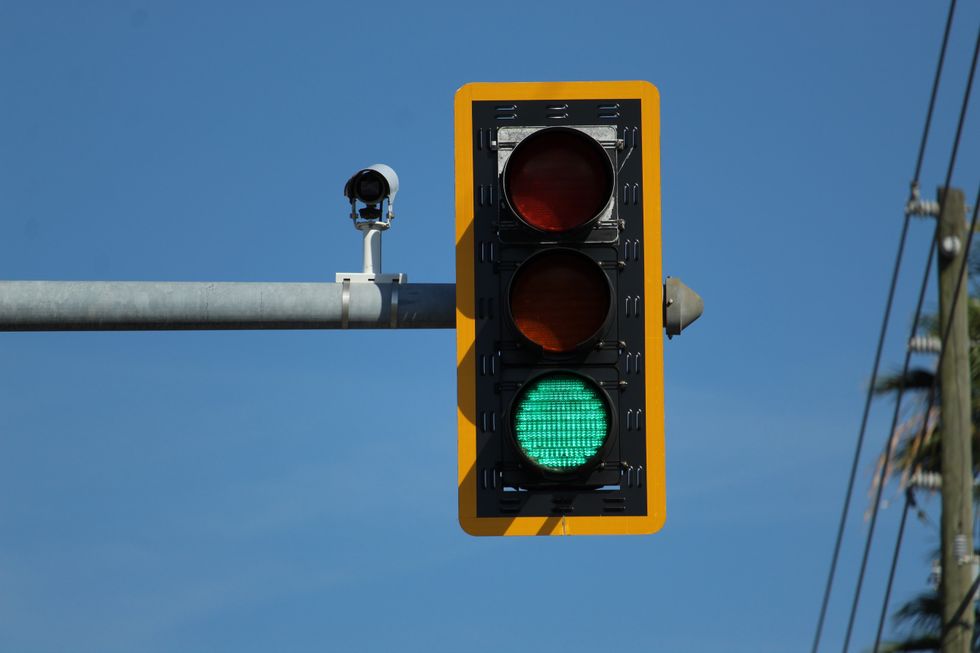 The Best Weed Smoking Games to Try
The Best Weed Smoking Games to Try world map with pinsPhoto by
world map with pinsPhoto by 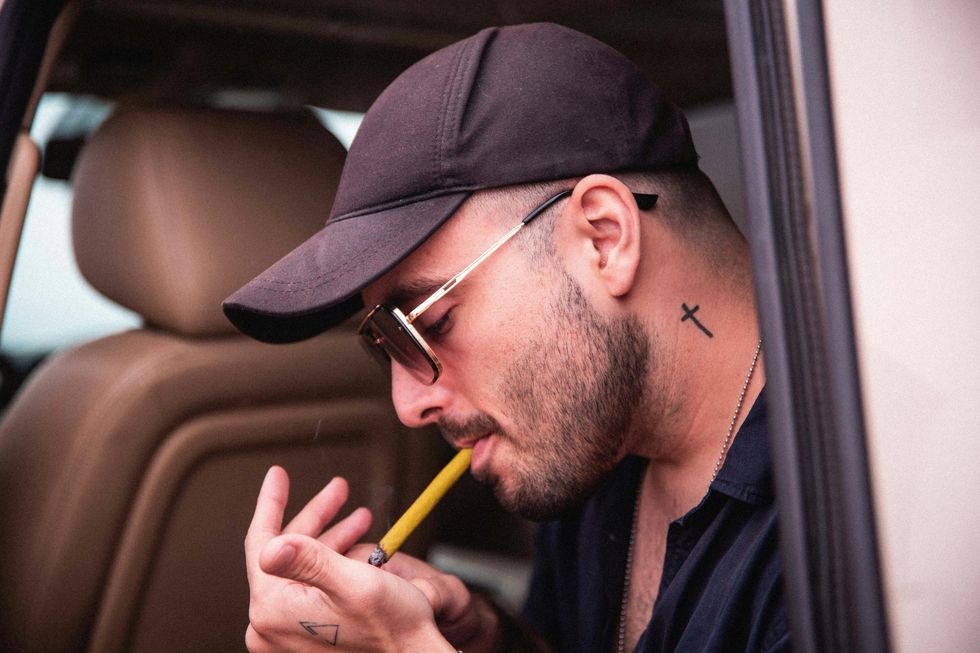
 The Best Weed Smoking Games to Try
The Best Weed Smoking Games to Try
 The Truth About THC Candle: Cannabis Candles & How to Make Your Own - The Bluntness
Photo by
The Truth About THC Candle: Cannabis Candles & How to Make Your Own - The Bluntness
Photo by 